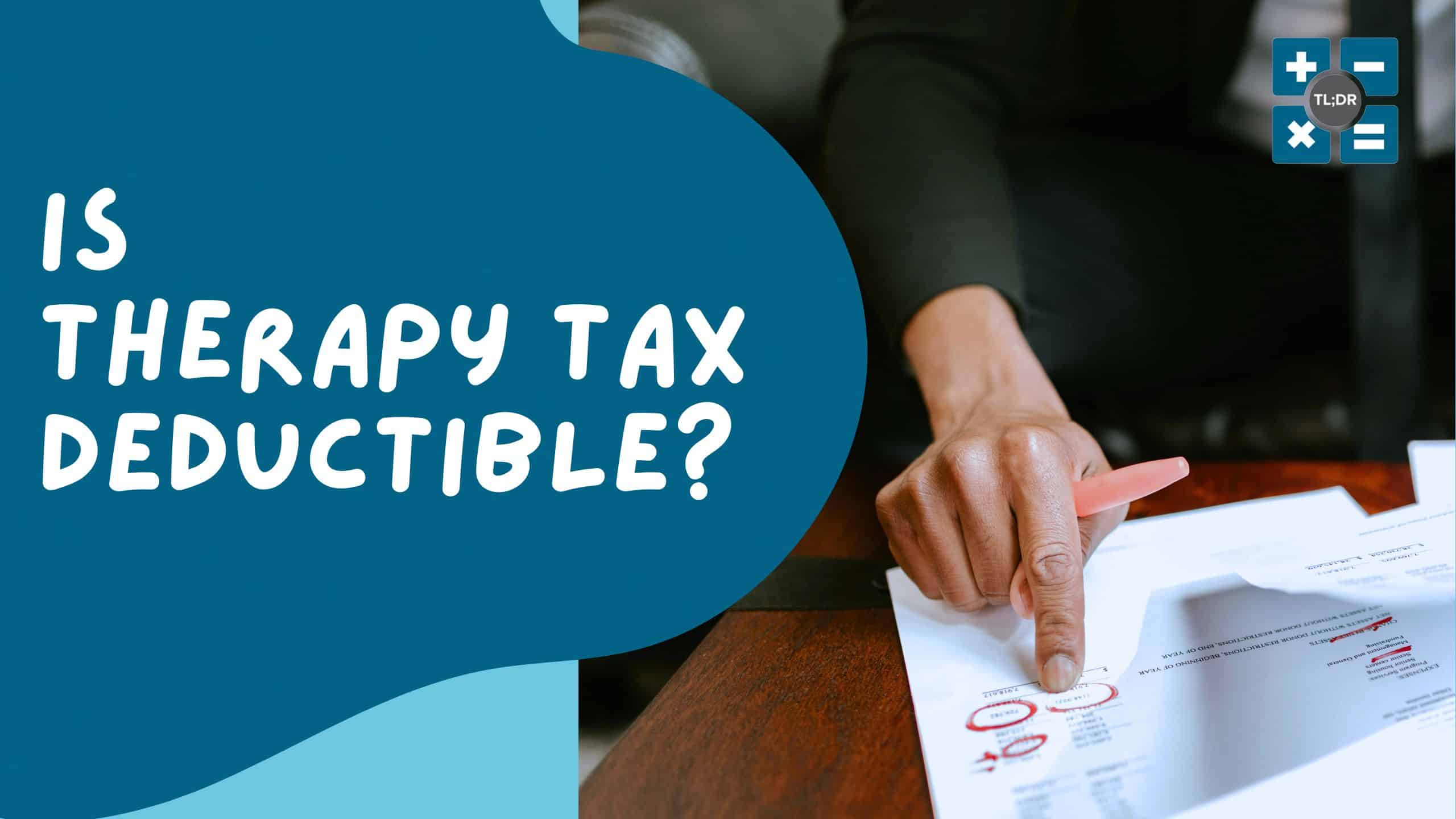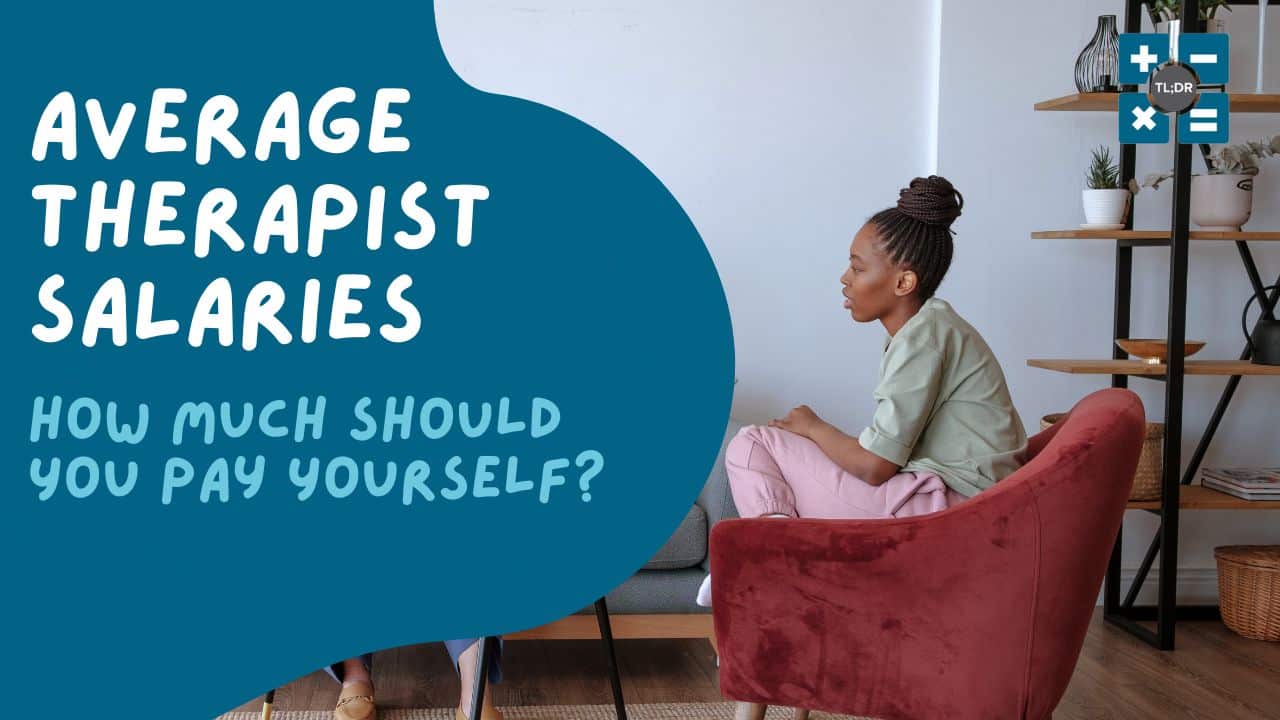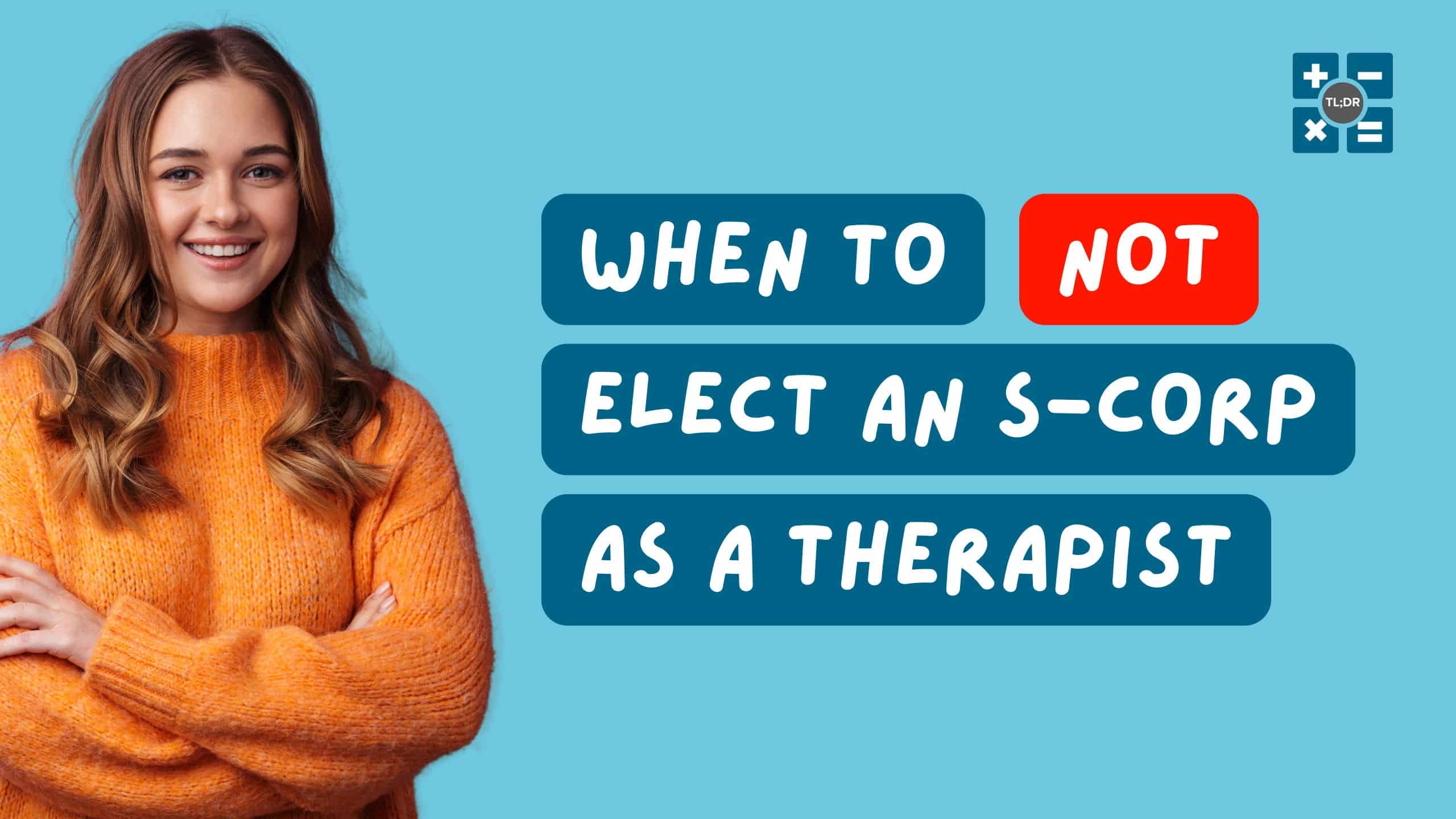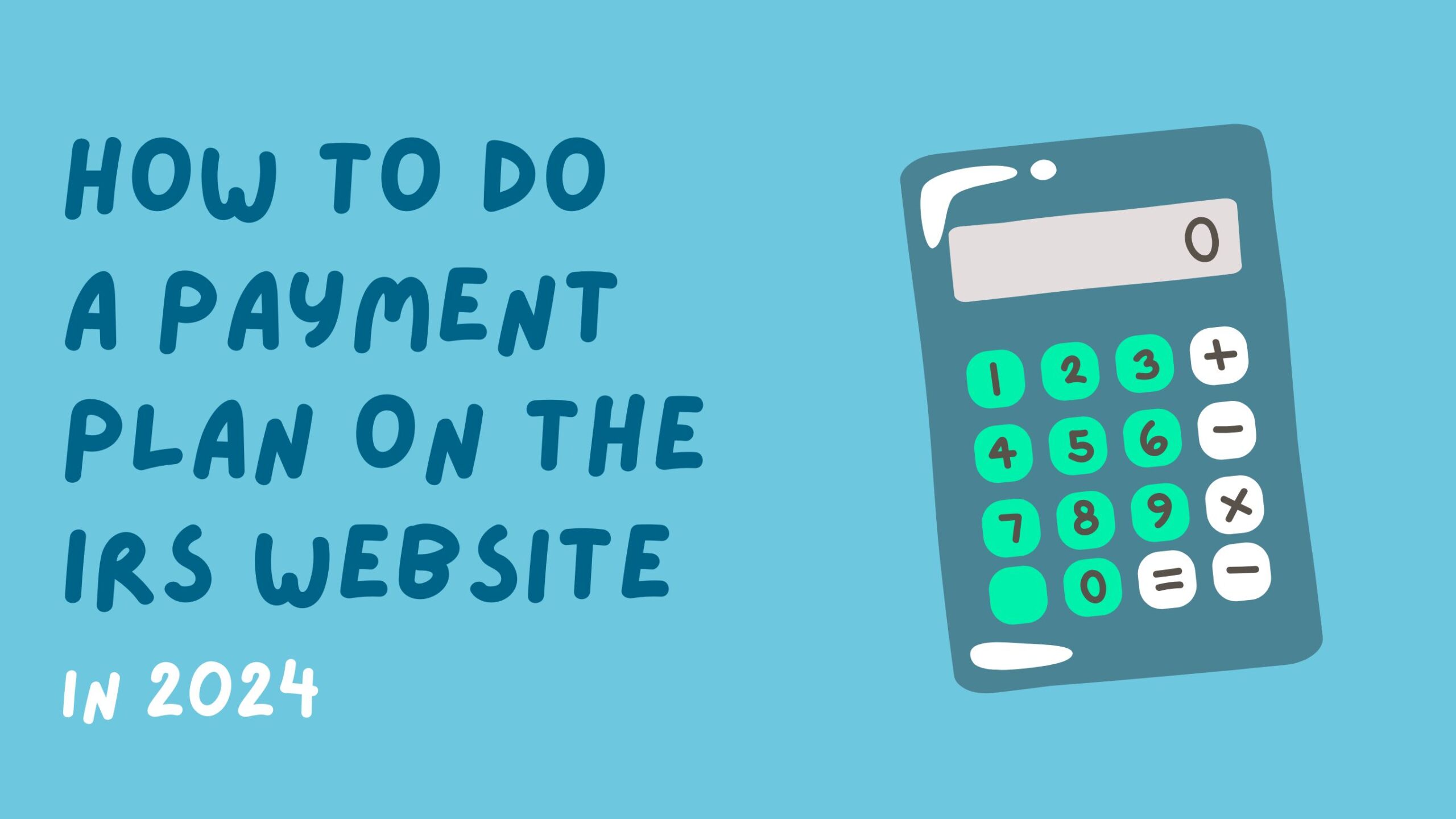Many mental health experts, counselors, and therapists dream of a thriving private therapy practice. They get to help others sort out their problems and ensure a healthy financial future.
Operating a therapy clinic is owning a business. You’ll want to minimize expenditures to optimize revenue and profit.
Private practitioners must record, track, and claim tax-deductible expenses. You can use these savings on a much-needed holiday getaway or reinvest in your clinic and practice.
However, one question remains: Is therapy tax deductible? Today’s post will answer that and more. Keep reading.
Can Ordinary Individuals Claim Tax Deductions for Therapies?
Some individuals find the Internal Revenue Service’s (IRS) guidelines on tax deductions vague. However, the rule is quite straightforward.
Ordinary individuals can file for tax deductions on therapies, provided they are part of a doctor-prescribed regimen.
For example, seeking therapy for a physician-diagnosed mental illness qualifies for a tax deduction.
Marital counseling doesn’t; the same is true with nutritional counseling for obesity. If the physician prescribes such treatment, the patient can claim a therapy tax deduction. Otherwise, the patient cannot.
We must point out that therapy tax deductions are valid only if the activity forms part of a physician-prescribed treatment program.
Moreover, the cost must exceed 7.5% of the individual’s annual adjusted gross income. If it’s less than 7.5%, they cannot file for a therapy-related tax deduction.
Can Self-employed Therapists and Therapy Clinic Owners Apply for Therapy Tax Deductions?
Private therapy practitioners and clinic owners observe different rules for therapy tax deductions.
You don’t need to comply with the 7.5% minimum AGI threshold if you seek therapy for yourself.
After all, therapists are also humans who can experience extreme stress and other issues impacting mental health. If these concerns deteriorate, they can undermine the therapist’s practice and expose clients or patients to incorrect or inappropriate therapies.
So, is therapy tax deductible even for self-employed therapists seeking counseling, therapy, and other forms of mental health support?
Yes, but not only for a professionally-prescribed treatment regimen.
Therapy tax deductions for privately practicing therapists can also have business implications.
What Other Deductions Can Therapy Clinic Owners Apply?
Self-employed therapists and therapy clinic owners can file for the following tax deductions.
Therapy-related travel expenses
Sometimes, the therapist lives in another place and needs to visit for a session. You can deduct travel expenses as part of your therapy business expense.
Therapy-related memberships
Mental health professionals, therapists, and counselors continue to grow their professional competencies by joining professional organizations.
They can also subscribe to therapy-related literature like scientific journals. You can deduct these expenses from your business tax.
Therapy-related resources
You can also deduct the cost of therapeutic aids in your therapy sessions, including workbooks, cards, handouts, puzzles, games, art therapy supplies, weighted blankets, props, stuffed animals, therapy sand, and calming toys.
Therapy-related continuing education
Pursuing a master’s degree in counseling can be a business-related expense you can deduct from your income. You can deduct associated costs if the activity can advance your therapeutic skills to benefit patients.
Please note you cannot deduct the cost of completing the minimum education necessary to become a therapist.
3 Often-Overlooked Tax Deductions by Private Therapy Practitioners and Owners
Therapy sessions and resources aren’t the only items self-employed therapists can deduct from their incomes. We found three.
Home office
You can apply for a tax deduction for using your home as a therapy clinic, provided it’s exclusive only for work. Regular therapy sessions must also occur in the home office.
You have two options: regular or simplified deduction.
Regular home office deduction
Determine the home office’s floor area and divide that by your home’s total square footage. Multiply the value by 100 to obtain the home office’s floor area percentage.
For example, suppose you have a 3,000-square-foot house and allocate a 300-square-foot room as your home office. The percentage is 10% (300 sq. ft./3,000 sq. ft. = 0.1 x 100 = 10%). You must allot 10% of all mortgage payments or rent and utilities to the home office.
Simplified home office deduction
You assign a cost for every square foot of home office space. For example, you could deduct $5 per square foot not exceeding 300 square feet.
Therapy-related software
Accounting, bookkeeping, and billing software are eligible for therapy tax deductions. So is electronic health record software.
Marketing
You need people to know about your therapy services. Placing ads, hiring an SEO specialist, developing and managing a website, producing promotional items, and performing other activities to market your services are tax deductible.
Final Thoughts
Although therapy is tax deductible, some limitations exist if you’re a private individual.
However, clinic owners and self-employed therapists can deduct certain expenses from their incomes to save money.
You can use the savings to advance your private practice or address any mental health issues. That way, you can guarantee the best possible therapeutic regimen to patients.
If you need help in identifying what other deductibles to consider and want expert accountants for therapists, we’re here to help. Start a chat with us today and see how we can help your business become bigger and more organized.





